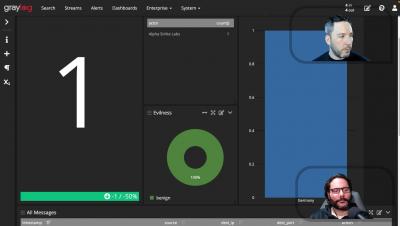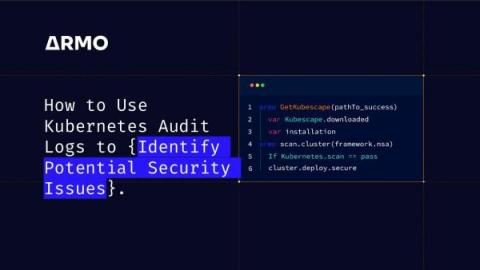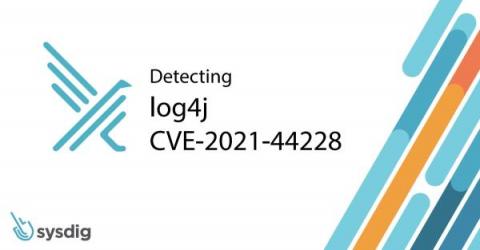Devo's 2022 Cybersecurity Predictions: Part One
There’s only one thing that’s certain in cybersecurity: The cyberthreat landscape is constantly changing, and the tools and solutions we have at our disposal to combat cybercrime must continue evolving if we are to stay ahead of — or at least keep up with — them. As 2021 winds down, the Devo security team is already looking ahead to the most pressing cybersecurity trends likely to appear in 2022. Here are my top three predictions for the new year.











